
2026 Coastal Lecture Series
This year’s speakers will dive into fascinating topics including sea turtles, sharks, coral reefs, the Everglades, toxic algae blooms, scrub jays, and more—bringing timely research and real-world conservation stories straight to you.
These FREE lectures will take place every Tuesday night from January 20 to March 10 at 6:30pm at the Blake Library in Stuart. Prefer to tune in from home? We’ve got you covered— each lecture will also be simulcast live via Zoom.
How to Attend
In Person at the Blake Library:
-
Registration is not required, but seating is limited.
- We recommend arriving 15–20 minutes early to secure your spot.
Virtually via Zoom:
- Registration is required for online attendance.
- Sign up for each lecture individually using the registration links below.
For questions, please contact Dr. Zack Jud, Director of Education & Exhibits, at [email protected].
This Year's Lineup
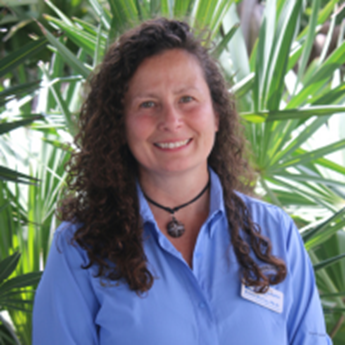
January 20, 2026
A Year in Review: Research and Conservation at Florida Oceanographic Society
Scientific research is a key component of Florida Oceanographic Society’s conservation-focused mission. Gain a better understanding of the important research being carried out by Florida Oceanographic scientists on topics like water quality, seagrass genetics, and oyster diseases.
Presented by Dr. Krista McCoy, Director of Scientific Research and Conservation, Florida Oceanographic Society
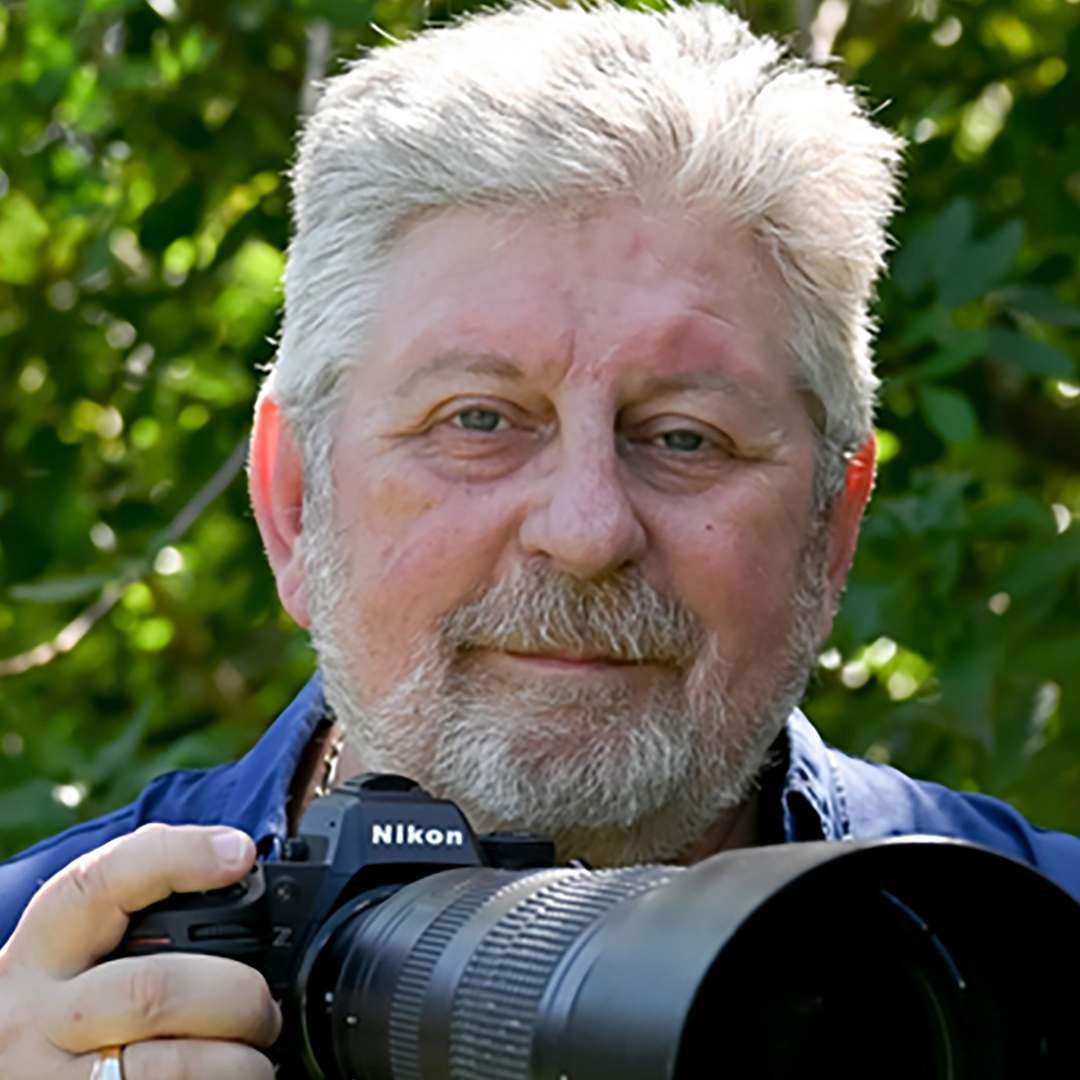
January 27, 2026
The Everglades: The River of Change
The River of Grass was once considered a wasteland, but today, the true value of the Everglades is apparent. Take a look at the history of the Everglades over the last 150 years to see how early efforts to drain this subtropical wetland have led to one of the largest restoration efforts on Earth.
Presented by John Nelson, President, Audubon of Martin County Institute
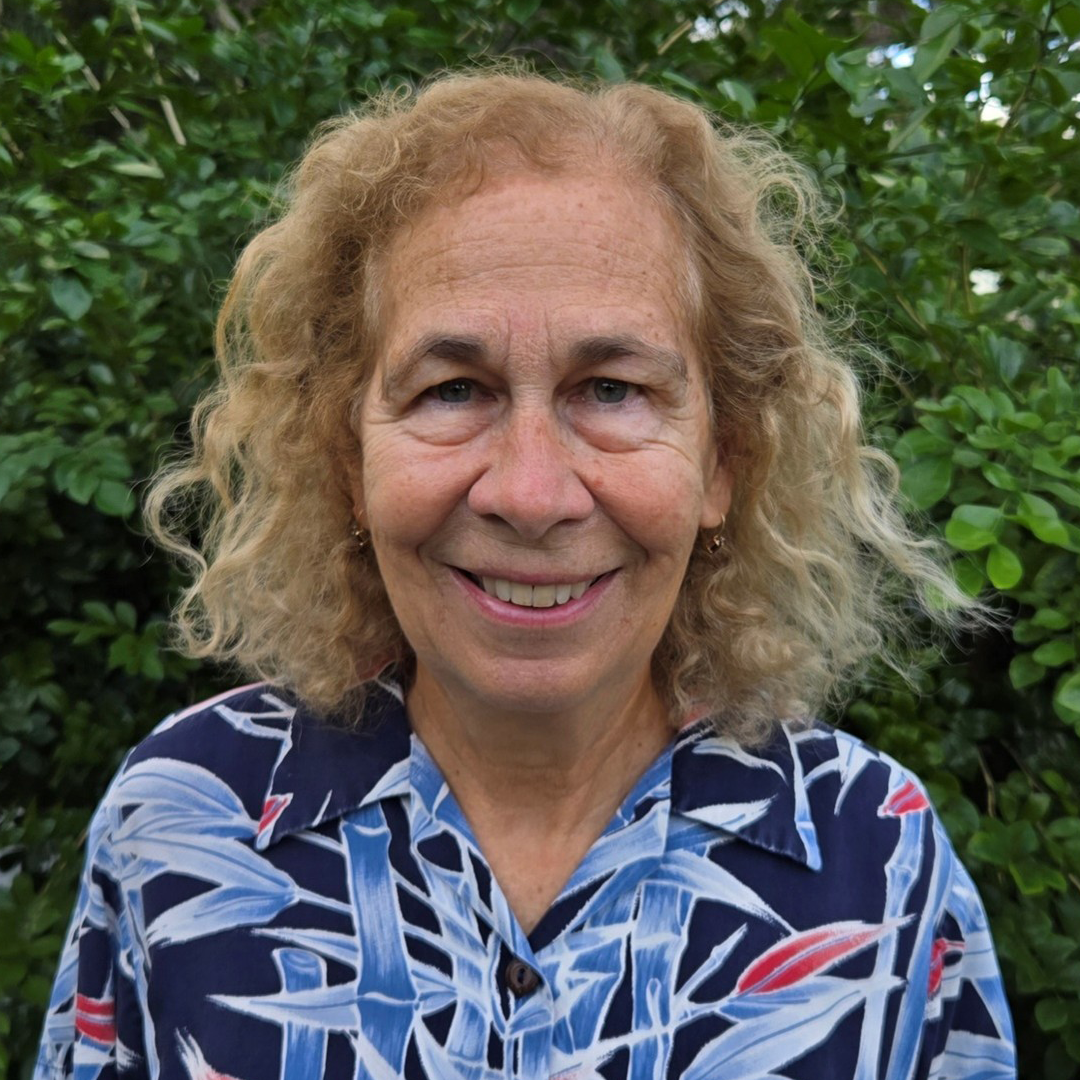
February 3, 2026
Marine Chemical Ecology in Our Changing Ocean
The ocean is filled with complex connections between plants, animals, and the chemicals that make them tick. Learn about potent chemicals produced by cyanobacteria, chemical warfare between corals and algae, and the chemical cues that help baby corals find their home on the reef.
Presented by Dr. Valerie Paul, Director, Smithsonian Marine Station at Fort Pierce Florida
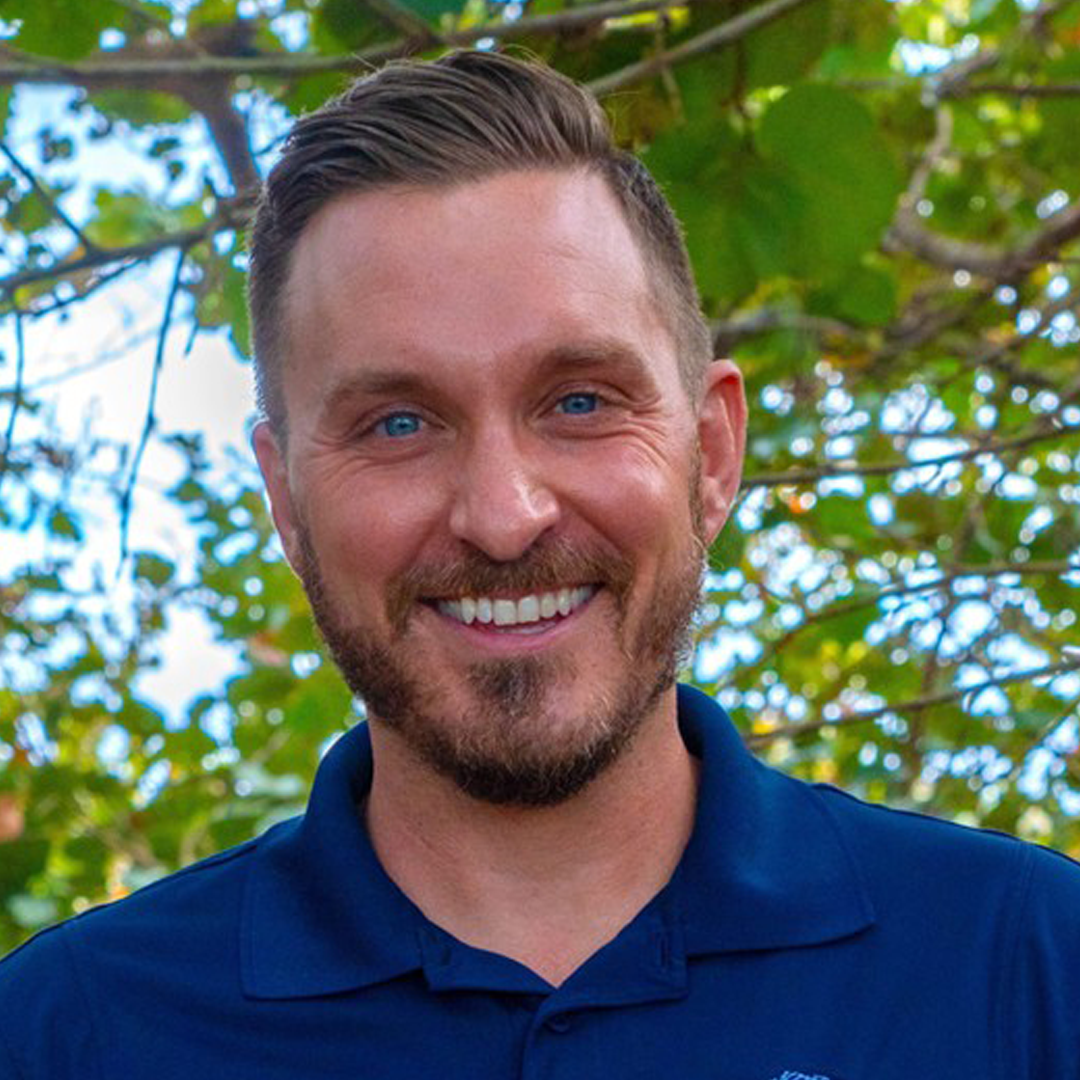
February 10, 2026
Encounters With Gentle Giants: A Year in the Life of Sea Turtles
The beaches of Palm Beach County have some of the highest sea turtle nesting densities in the United States. Hit the beach to see how researchers at Loggerhead Marinelife Center are working to protect Earth’s last “living dinosaurs” through nest monitoring, sea turtle tracking, and other scientific studies.
Presented by Dr. Justin R. Perrault, Vice President of Research, Loggerhead Marinelife Center
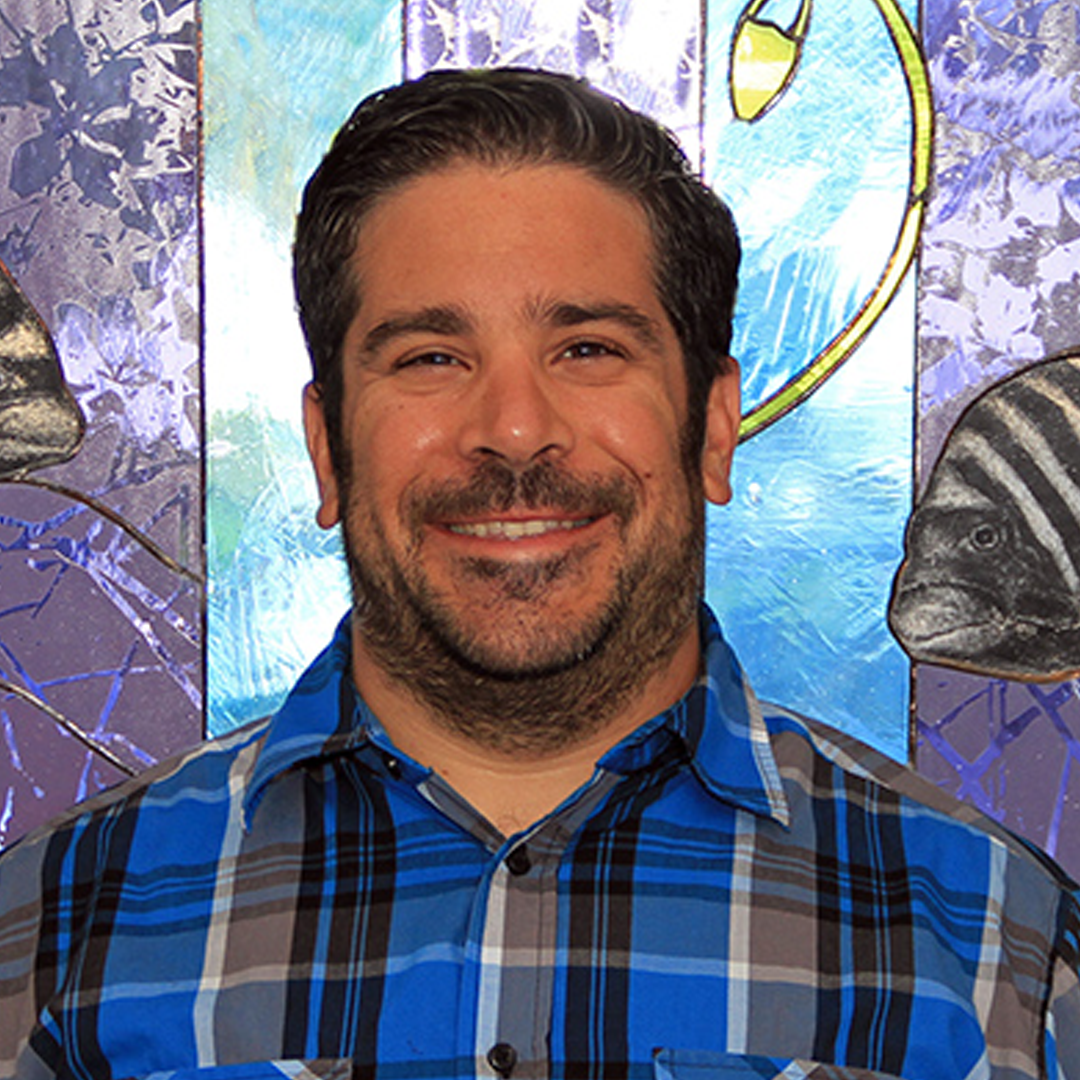
February 17, 2026
Stealing Sharks and Ravaging Rays? Clarifying and Mitigating Their Interactions with Florida’s Fisheries and Restoration Activities
As apex predators, sharks play an important role in maintaining healthy ecosystems, but depredation by sharks and rays can create conflict. Discover the impacts that sharks and rays have on recreational fisheries and aquaculture through their consumption of hooked fish and farm-raised shellfish.
Presented by Dr. Matt Ajemian, Associate Research Professor, FAU Harbor Branch Oceanographic Institute
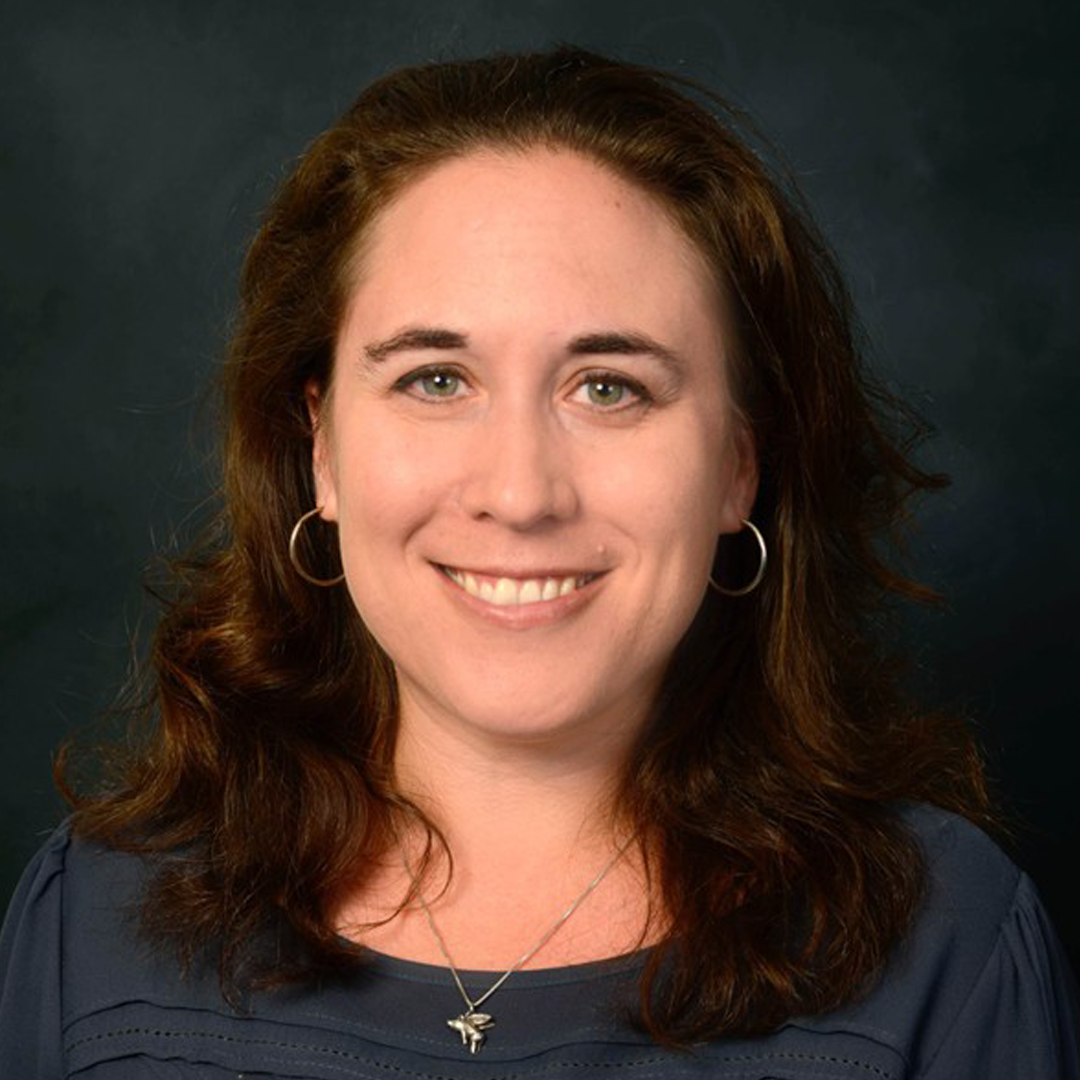
February 24, 2026
The World According to Sharks: Lessons on Survival from Earth's Oldest Predator
Sharks have been on Earth for >450 million years, but many shark populations are in decline due to warming water, overfishing, and habitat loss. Dive in to see how bull and tiger sharks are altering their movement patterns in response to climate change, and the factors that are driving these shifts.
Presented Dr. Toby Daly-Engel, Associate Professor, Florida Institute of Technology
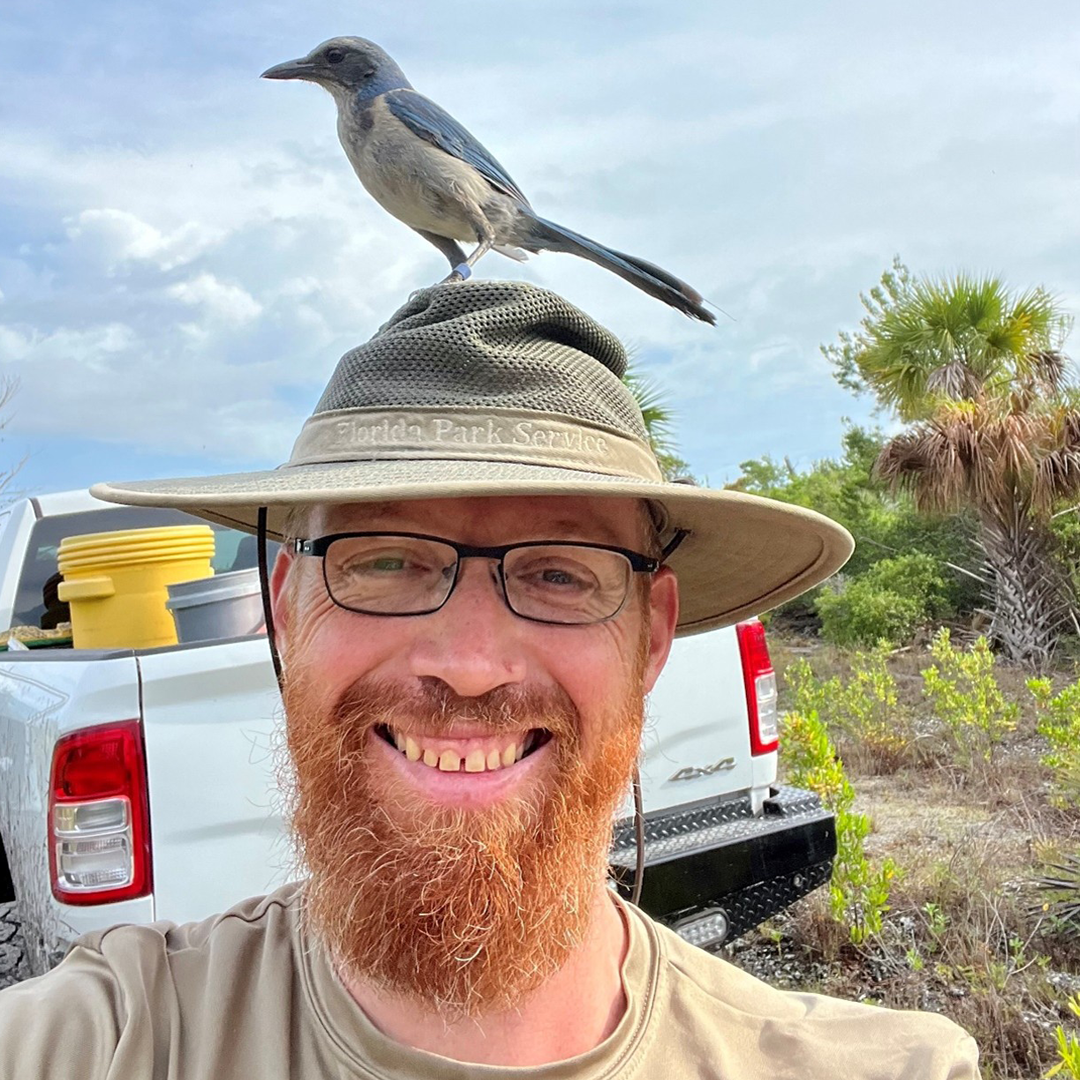
March 3, 2026
The Role of Fire in Jonathan Dickinson State Park Using Florida Scrub-Jays and Red-Cockaded Woodpeckers as Case Studies
Many of Florida’s most imperiled ecosystems and cherished species rely on fire for their survival. Find out how Jonathan Dickinson State Park is monitoring the impacts of prescribed fire on Florida scrub-jay and red-cockaded woodpecker populations as indicators of successful fire management.
Presented by Rob Rossmanith, Park Biologist, Jonathan Dickinson State Park
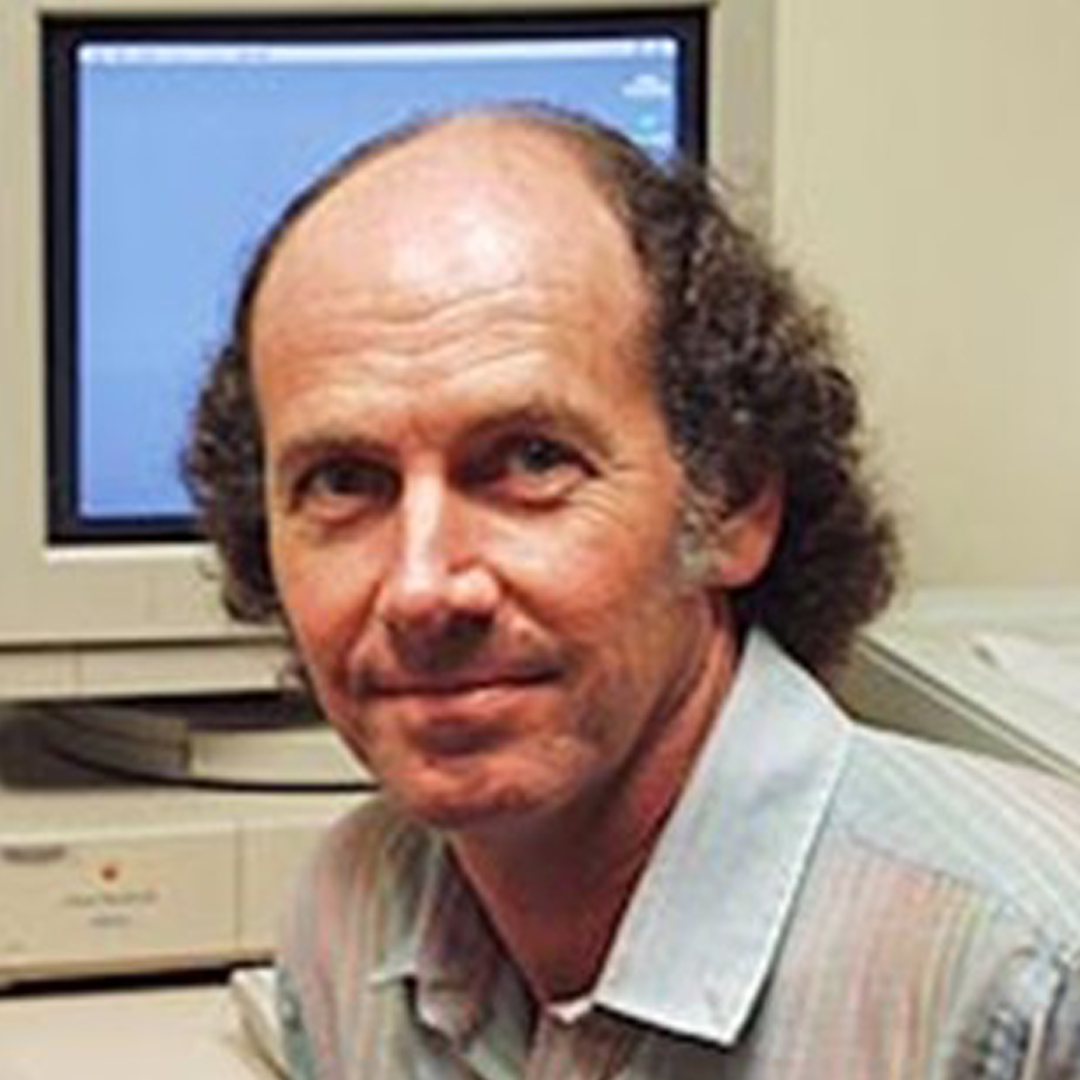
March 10, 2026
Harmful Algal Blooms in South Florida: Their Causes and Human Health Consequences
The impacts of toxic algae blooms have become a major concern for Florida’s residents and visitors. Examine the different types of harmful algae blooms that are affecting South Florida waterways, their causes, the toxins they produce, and the risks they present to human health.
Presented by Dr. Larry Brand, Professor, University of Miami
